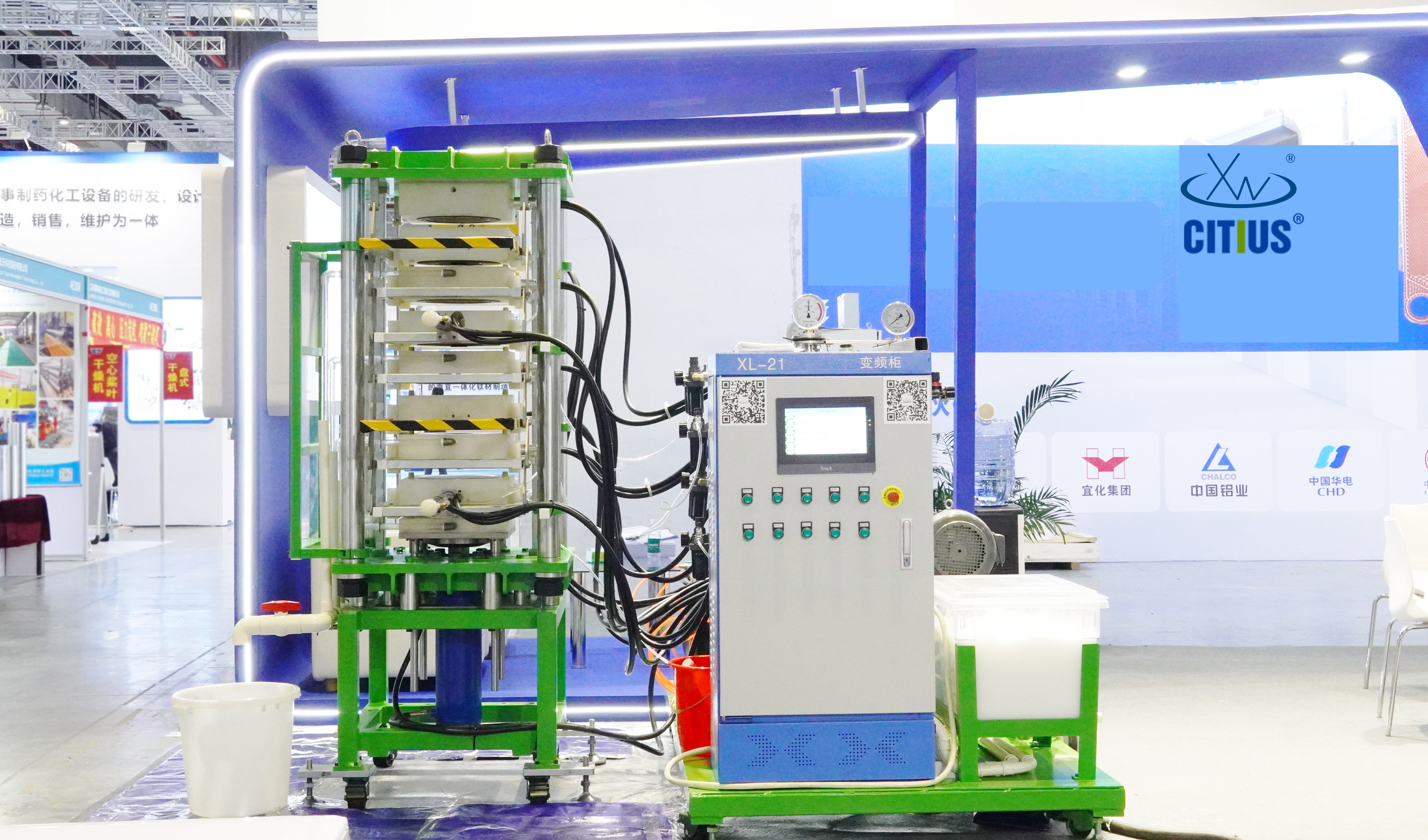-
FILTER FABRICSBelt press filter mesh belt Horizontal belt vacuum filter mesh belt Vertical filter press filter cloth Filter Press Filter Cloth Breathable mesh Technical fabric - drying Technical fabric - high pressure belt Technical fabric - conveyor belt Technical fabric - fiberboard Joint form Edge banding form Accessories (threading)
-

Search HistoryClear All Records
- All
- Product Management
- News
What does cloth do in a filter?
Release time:
2025-07-11
Understanding Filters: The Basics
Alright, let’s dive right in! Filters are everywhere, from your kitchen sink to high-tech industrial setups. But have you ever stopped to ponder what does cloth do in a filter? Well, let’s break it down.
The Role of Cloth in Filtration
So, what’s the deal with cloth? It acts as a barrier—simple as that! When liquids or gases pass through a filter, the cloth captures solid particles, preventing them from mingling with the purified material. This is crucial in ensuring that the end product is clean and safe.
Types of Filters That Use Cloth
Now, not all filters are created equal. There are several types that utilize cloth:
- Water Filters: Many household water filters use cloth to trap impurities.
- Air Filters: HVAC systems often incorporate cloth-like materials to catch dust and allergens.
- Oil Filters: In vehicles, cloth can be part of the filtration system to keep engine oil clean.
How Cloth Improves Filtration Efficiency
Here’s where it gets interesting! The texture and weave of the cloth can significantly impact filtration efficiency. A finer weave captures smaller particles, while a looser weave allows for better flow rates. It’s all about striking that perfect balance—like walking a tightrope!
Common Questions About Cloth Filters
Now that we’ve got the basics down, let’s address some burning questions:
1. Can you wash cloth filters?
Absolutely! Most cloth filters can be washed and reused. Just make sure to follow the manufacturer’s instructions to maintain their effectiveness.
2. How often should you replace cloth filters?
Well, it depends on usage. A good rule of thumb is to check them regularly and replace them when they start to look dirty or clogged.
3. Are there alternatives to cloth in filters?
Sure thing! While cloth is popular, other materials like paper, foam, and even metal can be used depending on the application.
The Environmental Angle
Let’s not forget the eco-friendly aspect. Cloth filters can be a sustainable choice! They reduce waste because they’re often reusable, unlike their disposable counterparts. Plus, using a cloth filter can minimize the number of chemicals needed for purification. Win-win, right?
Final Thoughts
In a nutshell, cloth filters play a crucial role in ensuring the quality of liquids and gases we consume. The next time you use a filter, take a moment to appreciate the humble cloth behind the scenes. It’s doing a lot more than you might think! And remember, if someone asks what does cloth do in a filter, you’ll have all the answers!
So, what are you waiting for? Get out there and filter away with confidence!
Previous article:
The next one:

Add
No. 16-22 Chunfeng East Road, Xiang'an Torch High tech Zone, Xiamen City, Fujian Province, China

Tel/ WhatsApp

Copyright © 2025 Xiamen Citius Filter Material Technology Co., Ltd.
Anhui Kemi Instrument Co.,LTD
Cookie
Our website uses cookies and similar technologies to personalize the advertising shown to you and to help you get the best experience on our website. For more information, see our Privacy & Cookie Policy
Cookie
Our website uses cookies and similar technologies to personalize the advertising shown to you and to help you get the best experience on our website. For more information, see our Privacy & Cookie Policy
These cookies are necessary for basic functions such as payment. Standard cookies cannot be turned off and do not store any of your information.
These cookies collect information, such as how many people are using our site or which pages are popular, to help us improve the customer experience. Turning these cookies off will mean we can't collect information to improve your experience.
These cookies enable the website to provide enhanced functionality and personalization. They may be set by us or by third-party providers whose services we have added to our pages. If you do not allow these cookies, some or all of these services may not function properly.
These cookies help us understand what you are interested in so that we can show you relevant advertising on other websites. Turning these cookies off will mean we are unable to show you any personalized advertising.
